Avoid these common pedagogical mistakes when teaching writing.
1. Focusing too much on spelling, grammar, and punctuation.
Writing conventions (spelling, grammar, punctuation) are important, but they are not the most important part of writing. They are a means to an end. Don’t spend all your time teaching and practicing these. Spend more time helping the child to generate good ideas and communicating them using good sentence form and word choices. Then use knowledge of spelling, grammar, and punctuation to make the writing more polished and free of error.
2. Assigning one-off writing tasks without walking students through it
If your idea of teaching writing is giving students a writing task or prompt and then waiting to see what they come up with, then that’s not exactly teaching.
You have to teach them how to write a specific type of writing. They must learn what each component of that type of writing is and how to do it well. Then hold their hand and walk them through every step by showing them examples, modeling good writing, and using graphic organizers to help them organize their thoughts. Then guide them through revising and editing their work. Then, you can assign a writing task and expect them to submit a well written piece independently.
If you haven’t done that…. then the task is simply a journal entry and a practice, and cannot really be used to judge/evaluate their writing. It wouldn’t be fair!
Confused? Inshallah, it will all makes sense to you once you properly understand what the writing curriculum is.
3. Not giving sufficient Feedback (and what is feedback?)
Feedback is extremely important, in everrrryyyythhhingg, not just when teaching writing!!
Good feedback has 3 steps:
- Positive comment or praise
- Negative comment or critism
- Suggestions for improvement
Here’s the thing, the feedback comment should be specific to the work. Mention exactly what they did well, using examples from their writing, and exactly what they did not do well using examples from their writing. Then offer a specific suggestion for improvement.
Comments like “well done” “great job” “I loved your story” “Do better next time” “Too many grammar errors” are insufficient. They do not help the learner improve the next time they write.
Feedback is ongoing and integral to growth. We all need it.
(Including me! Please do leave feedback for me in the comments so that I can keep doing more of what you like and improve in areas I’m lacking!)
4. Not having clear expectations for the writing lesson/task
How do you decide what a good written piece of work is versus a bad piece? And how does the learner know what a good piece versus a bad piece?
If you’re clear on what you are looking for, then the learner can match up to your expectations. But if you do not communicate what’s important, then you really can’t blame them for producing something that didn’t meet your standards!
It will also make your grading/judging easier when you communicate your expectations before hand. Please do not decide how you will evaluate the writing only after it is done. Decide before you assign the task.
For example, you spent a week teaching them the 5 components of a paragraph. Now they have to write a paragraph. I expect all 5 components to be there.
Make sense?
If you find yourself making these mistakes it’s most likely because you haven’t understood the writing curriculum well.
And that’s ok. It can be complicated at first. But it’s not once you understand it. And that’s my goal with these writing series.
Watch my video “The Writing Curriculum Simplified” to understand what the goal of writing is. Then you can appreciate why these mistakes get in the way of your learners’ growth as a writer.
Watch this Video
Watch the video below. By the end you’ll have a better understanding on this aspect of teaching writing.
And if you find it useful, please share it and give it a like on YouTube. I’d truly appreciate that!
If you have any questions, just let me know here in the comments section and I’ll be happy to answer.
The goal is to help you be more intentional and effective in your teaching and lesson planning, inshallah.
Actually, you’ll get more value from me if you’re on my email list, so opt-in below to join hundreds of other educators like you, and get first access to everything I produce like they do.
Your Turn
Tell us one way you can use what you learned here to improve your teaching? Or share a suggestion below for your fellow teachers/homeschoolers reading this.

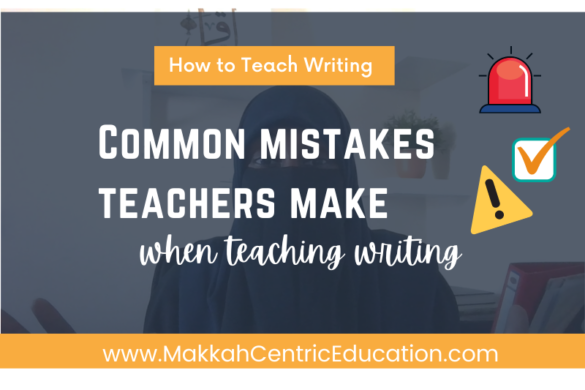
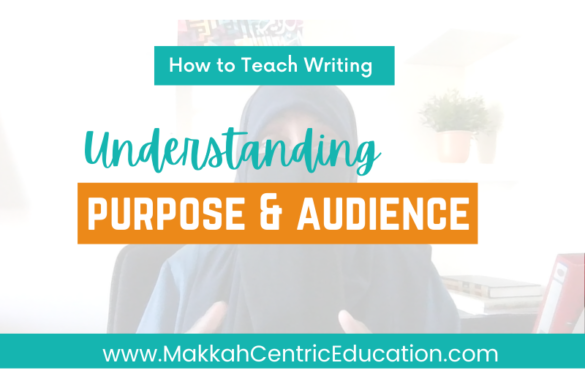
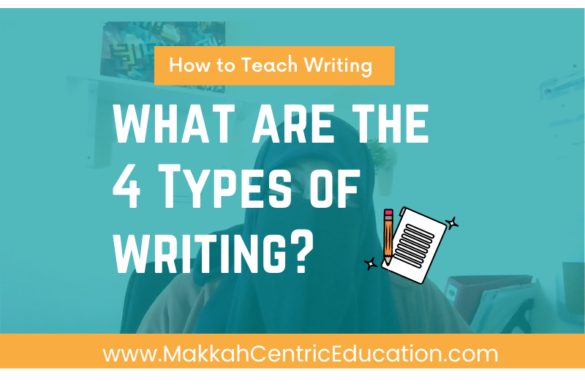
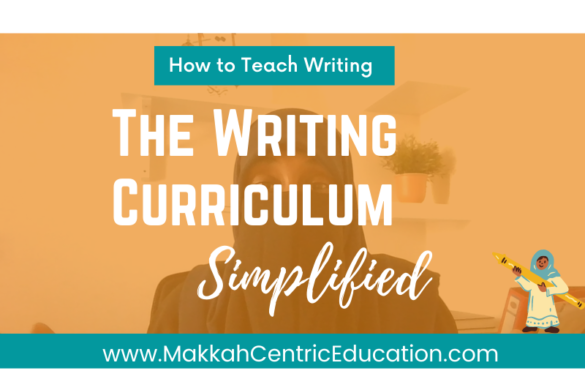
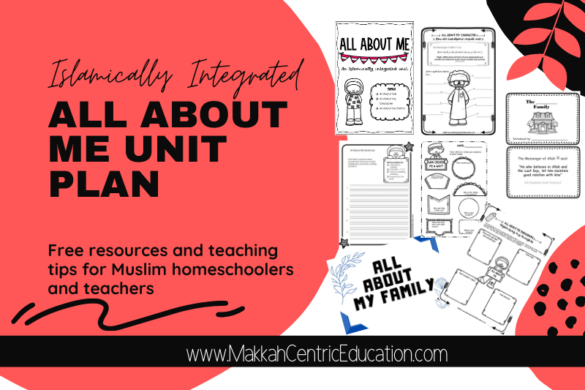
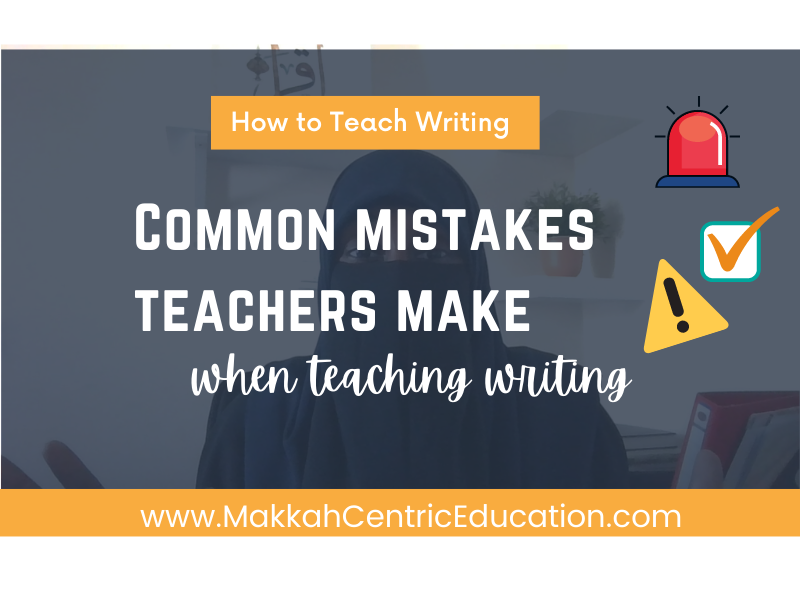
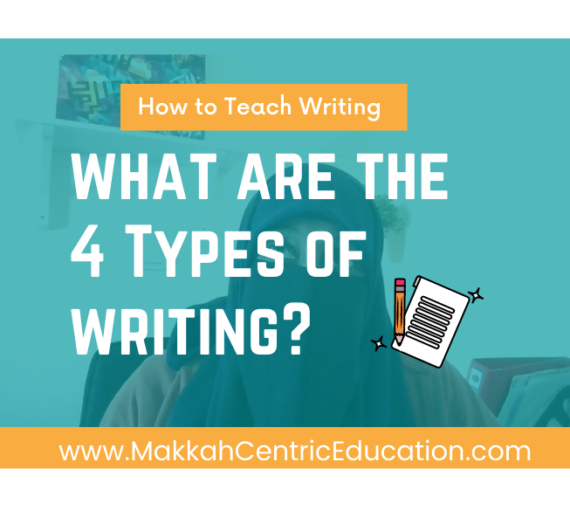
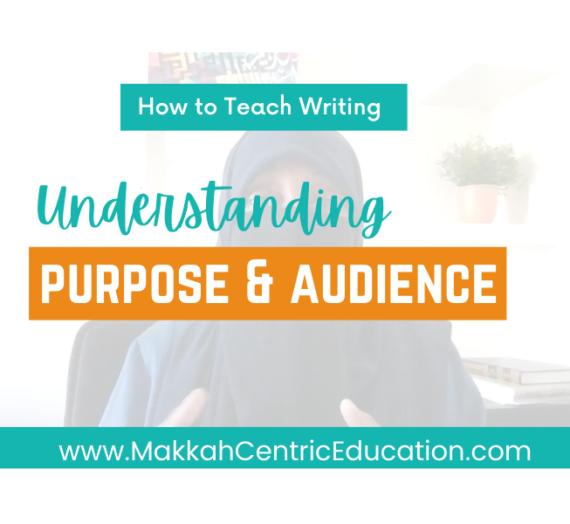
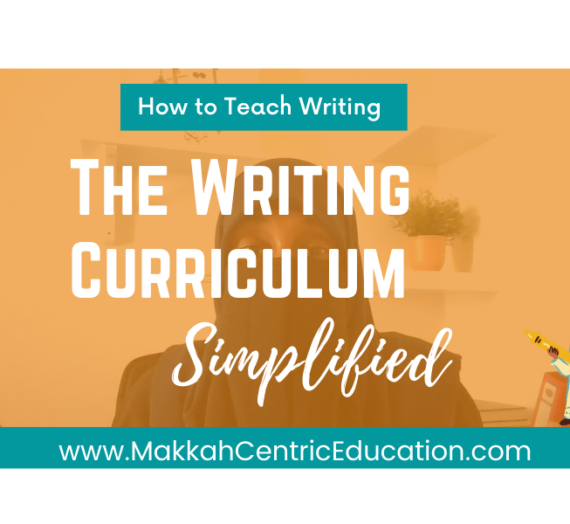
Göktürk su kaçak tespiti Şişli’deki evimdeki su kaçağını hızlıca tespit ettiler. Çok memnun kaldım. https://www.otava.me/ustaelektrikci